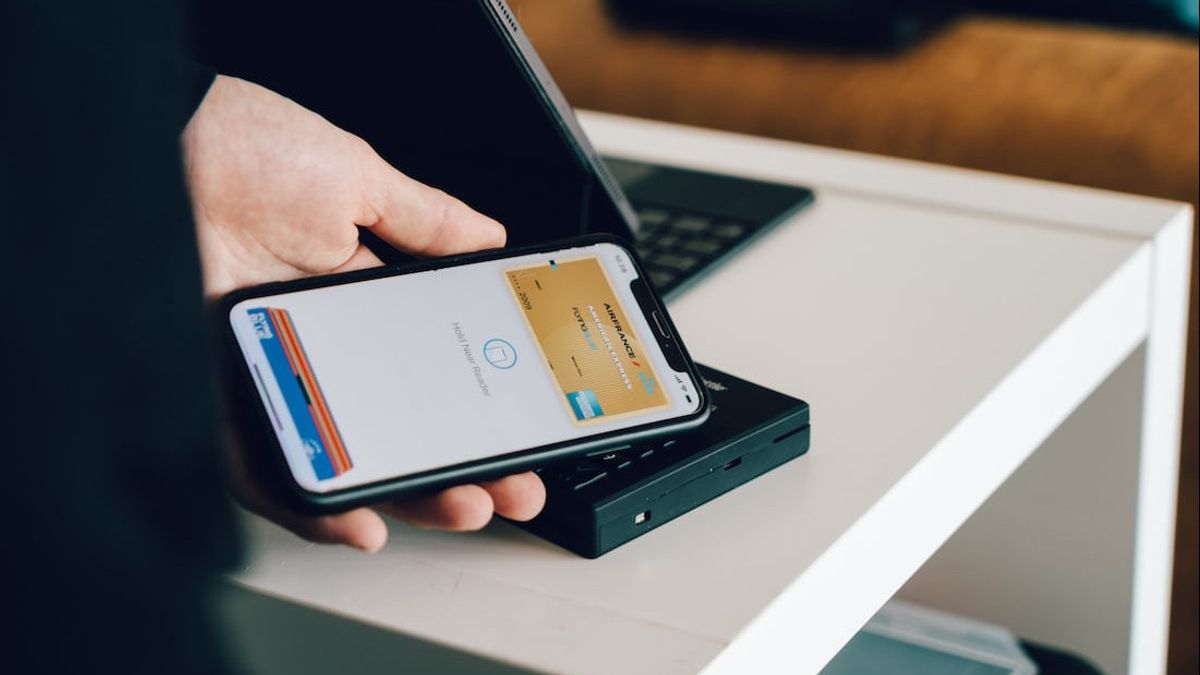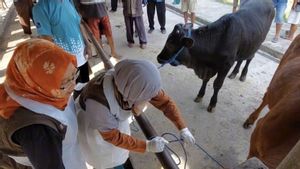JAKARTA - Kaspersky has discovered a new variant of Prilex, a malicious threat, which is gradually evolving from automatic teller machine (ATM) focused malware to Point of Sales (PoS) malware, the most advanced PoS threat to date.
These new findings show that Prilex may be able to cheat and meter credit cards, even cards protected with CHIP technology and PINs that supposedly cannot be hacked.
Kaspersky also found that Prilex has the power to block contactless payment transactions (tap to pay) which have become very popular during and after the pandemic.
For this reason, it is important that you protect yourself from Prilex. Given its importance, Kaspersky recommends a few tips you can use to stay safe using contactless payments.
VOIR éGALEMENT:
- Use a multi-layered solution, offering the optimal choice of protective layers to provide the best level of security for devices with different power levels and implementation scenarios.
- Implement the Kaspersky SDK into a PoS module to prevent malicious code from interfering with the transactions managed by the module.
- Protect legacy systems with the latest protections so they are optimized to run older versions of Windows and the latest Microsoft suites with full functionality. This ensures your business will have total support for the legacy MS family going forward, and gives it the opportunity to upgrade whenever needed.
- Install a security solution that protects devices from various attack vectors. So, even if the device has very low system specifications, the security solution will still protect it with the Default Deny scenario.
- For financial institutions that fall victim to this kind of fraud, Kaspersky recommends the Threat Attribution Engine to help IR (incident response) teams find and detect Prilex files in attacked environments.
The English, Chinese, Japanese, Arabic, and French versions are automatically generated by the AI. So there may still be inaccuracies in translating, please always see Indonesian as our main language. (system supported by DigitalSiber.id)












